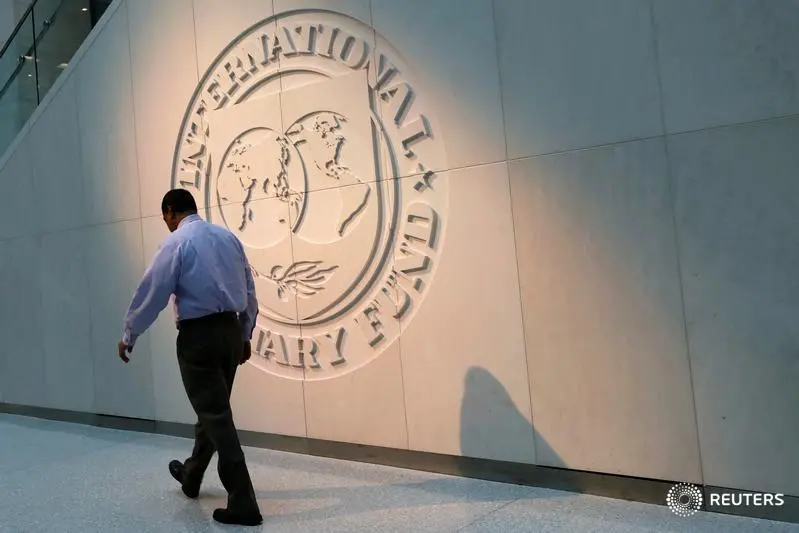PHOTO
The IMF said MENA economies will grow at a slower pace this year than previously projected as the war in Gaza, disruptions to Red Sea shipping and lower oil production have added to existing vulnerabilities related to high debt levels and elevated borrowing costs.
The IMF revised down its 2024 growth forecast for the region to 2.7% from 3.4% in its October regional outlook, as conflict in Sudan and in Gaza, and also "oil production cuts in the GCC weigh on activity this year", said Jihad Azour, Director of Middle East and Central Asia Department, at the fund's Spring Meetings 2024 on Thursday.
"In 2025, growth is projected to strengthen to 4.2% as the impact of these temporary factors is assumed to fade gradually'" he said.
Azour said vulnerabilities remain high in the context of higher-than-usual uncertainty and elevated set of downside risks for minor conflicts in Gaza and Israel remains a key downside risk, including the peril of further escalation or protracted conflict.
"The issue of trade and trade disruption is also a negative factor that could have impact on some of the countries who are on the trade routes and could have a trade or current account impact..."
Meanwhile, in line with global trends, inflation in MENA, excluding the outliers Egypt and Sudan, is projected to average at 8.8% in 2024 and 7.8% next year.
(Reporting by Brinda Darasha; editing by Seban Scaria)





















